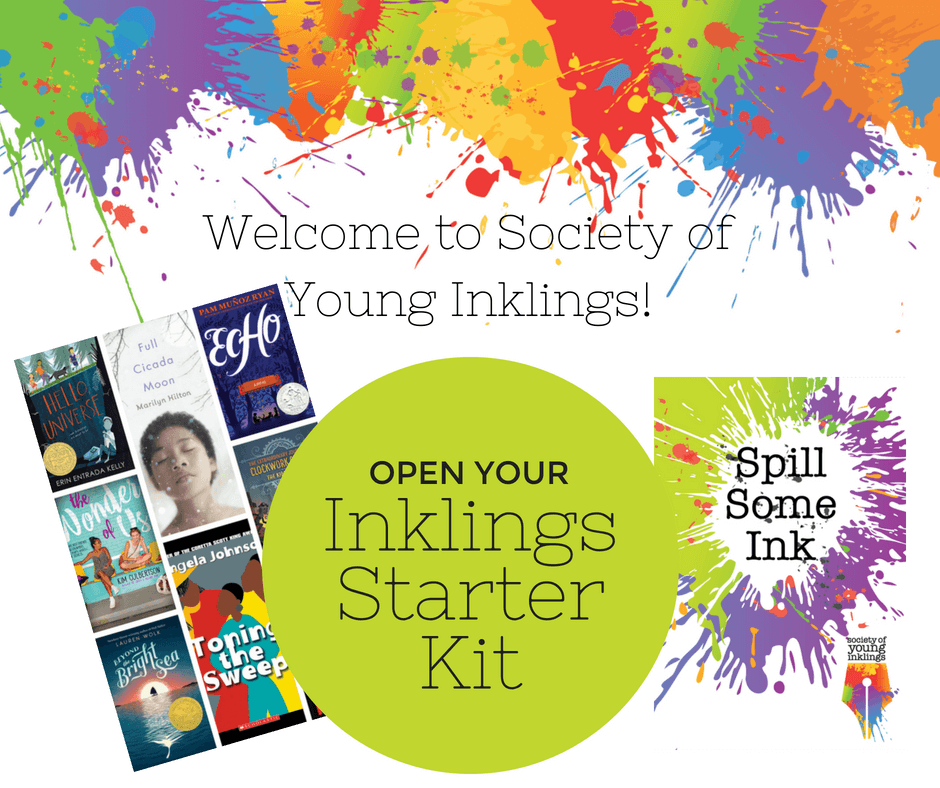In February’s issue of Ink Splat, we are thrilled to chat with Kesha L. Grant, author of Women in the Civil Rights Movement, a book she wrote to give women who were instrumental in the Civil Rights Movement a voice.
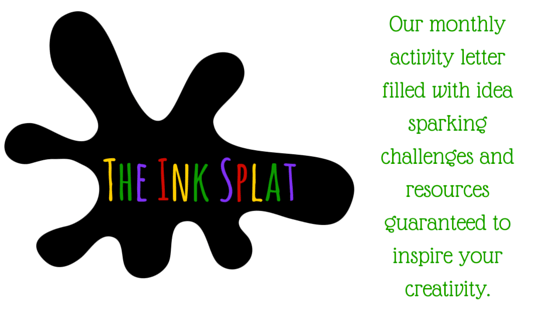
Writing Challenge
from Kesha L. Grant
Try this month’s unique writing challenge: Remember that every villain sees themself as a hero in their own mind. Imagine that your villain has just been defeated by the hero of your story. Or that your protagonist has just thwarted the big meanie.
Now write a letter from the POV of your villain to your protagonist. In this letter, let the villain defend his or her actions in the story. Try to persuade the protagonist that it is him/her that was really in the wrong. Not the villain. At the end of the exercise, see if you’ve come up with any new insights into your characters that you can use in your story.
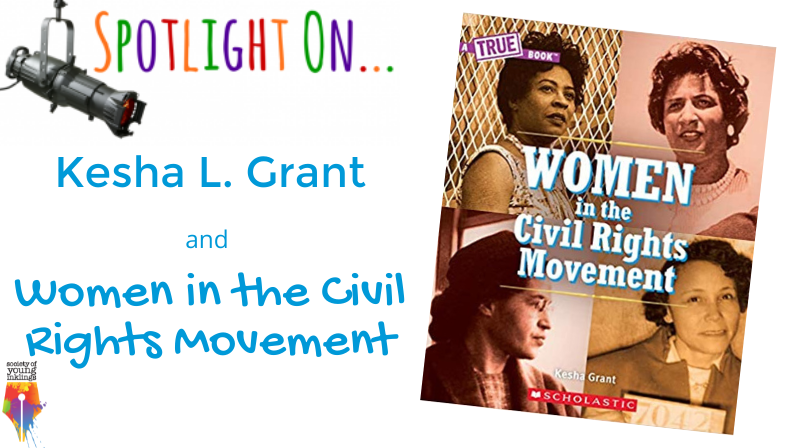
An Interview with Kesha L. Grant
Tell us about your nonfiction book, Women in the Civil Rights Movement. How were you inspired to write it?
I learned through research writing another book that there were many, many women who were very important parts of the Civil Rights Movement, but they had never been given the type of attention that the men who were involved in the Civil Rights Movement had been given. So, I wanted to write this book to give these women their voice and to display all the hard work that they had put into making our country a better place for everyone. I find real stories about heroic people inspiring. And I hope that readers will find them inspiring as well.
How did you decide to write this particular book as a middle-grade selection?
I feel like middle-grade is when many kids begin to identify their heroes, people that inspire them, people whose stories resonate with them, and who they hope to be when they grow up. Plus, I just love middle grade because I think it’s such an important part of the development of kids, going through that phase of beginning to understand more about the world and understanding that there was a world before you were born and this world has had an impact on the world that you live in today.
When you were working on this book, you actually encountered some new heroes. Is there a story you could share with us about that?
When I was a teacher, I’d often tell the story about the Montgomery Bus Boycott from 1955. And I would always talk about Dr. Martin Luther King and Rosa Parks and all the heroic effort they showed, and also people who came along and helped. But I never knew that the Montgomery Bus Boycott was actually started by a woman named Joanne Robinson, who had been planning for months before Rosa Parks took her heroic stand on the bus. She’d been planning a boycott of the buses because she was fed up with the injustice of having to give up her seat simply because of the color of her skin. And she was fed up with seeing other women put in jail for refusing to give up their seats. I did not know there were a lot of women who had been arrested for the same thing as Rosa Parks. And this is why Joanne Robinson was planning to organize this bus boycott even before Rosa Parks’ superheroic stand. Joanne Robinson had already drawn up flyers, so it was very quick work that she was able to get all this information out the day after Rosa Parks was arrested, so that people would start boycotting the buses. It was literally overnight, because she’d been planning this campaign for a long, long time. And Rosa Parks’ arrest was the spark that lit the fire that was already being set.
Talk to us about how you, as a creative writer, approach your nonfiction. How do you start?
I start with the question, “What am I interested in about this topic?” even if it’s a topic that’s given to me by an editor. Oftentimes, there is a lot of research involved, so you really want to find an angle that you’re excited about because you’re going to take a deep, deep dive into that topic and you don’t want it to bore you because it’s hard to write about things that you’re not excited about. So I take the idea, and then I brainstorm what really excites me about it. And then from there I begin to do my research. I collect ideas, and then I go back to the original idea that excited me. And then I see if I need to change this idea a little bit because I found this new research. And then from there, I think, “What kind of story can I tell using all of the facts and information that I’ve gathered?” I can’t make it up, but that doesn’t mean that it can’t be told in a way that is narrative and interesting to readers. How can I make this exciting and engaging, not only for the readers, but also for me as I’m writing it, because if it’s exciting me, then chances are it’s going to excite my readers.
Do you feel like the way that you approach your writing has changed at all because of your experiences as an editor?
Before I became an editor, I was very nervous about sharing my work with other people or submitting my work to agents or editors, or even sometimes for other readers to read, because I always felt that it wasn’t good enough, that I needed more time to make it better. But as an editor, I would consider manuscripts for acquisition. As I read manuscripts from the first draft that we received to the final draft that we actually published, I realized that every manuscript needs development, that every manuscript is going to go through lots of different changes, and that there was no such thing as perfect for the work to get out there. It made me feel more courageous about putting my work out there because I realized that it was never going to be perfect. And I could let that go. And it was such a breath of fresh air to me, as an editor, realizing that, hey, this manuscript is going to go through a lot of development, and so will mine as I put them out there.
What’s a highlight in your life as a writer? As an editor?
As a writer, my highlight is discovering under-heard or forgotten voices, whether it’s in non-fiction or fiction. As an editor, it’s helping other writers find their voice to tell the stories dearest to their hearts.
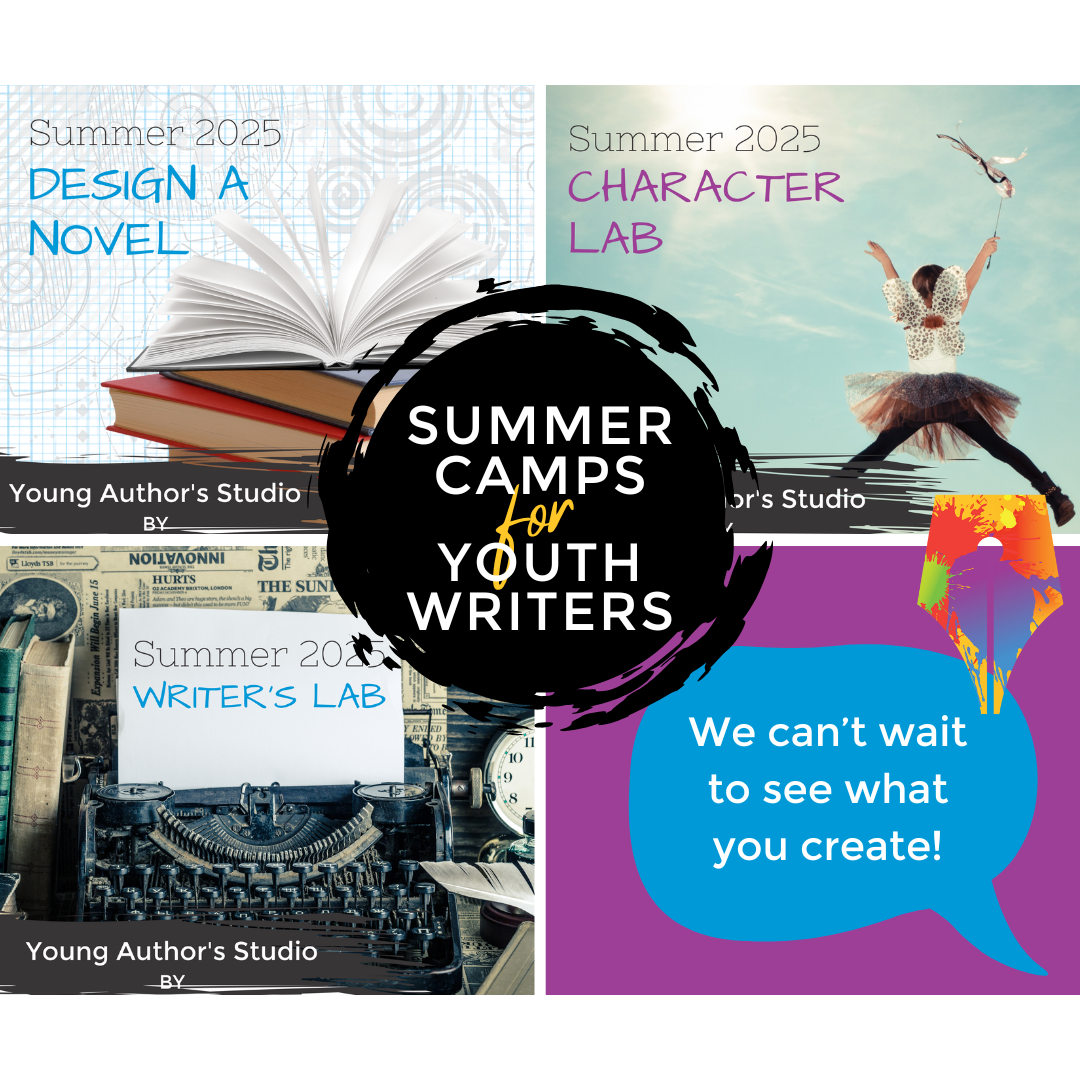
INKLINGS CONNECT
Summer Camps
Join us for a writing camp this summer. We can't wait to see what you create!
Keep your creativity flowing with our upcoming community events:
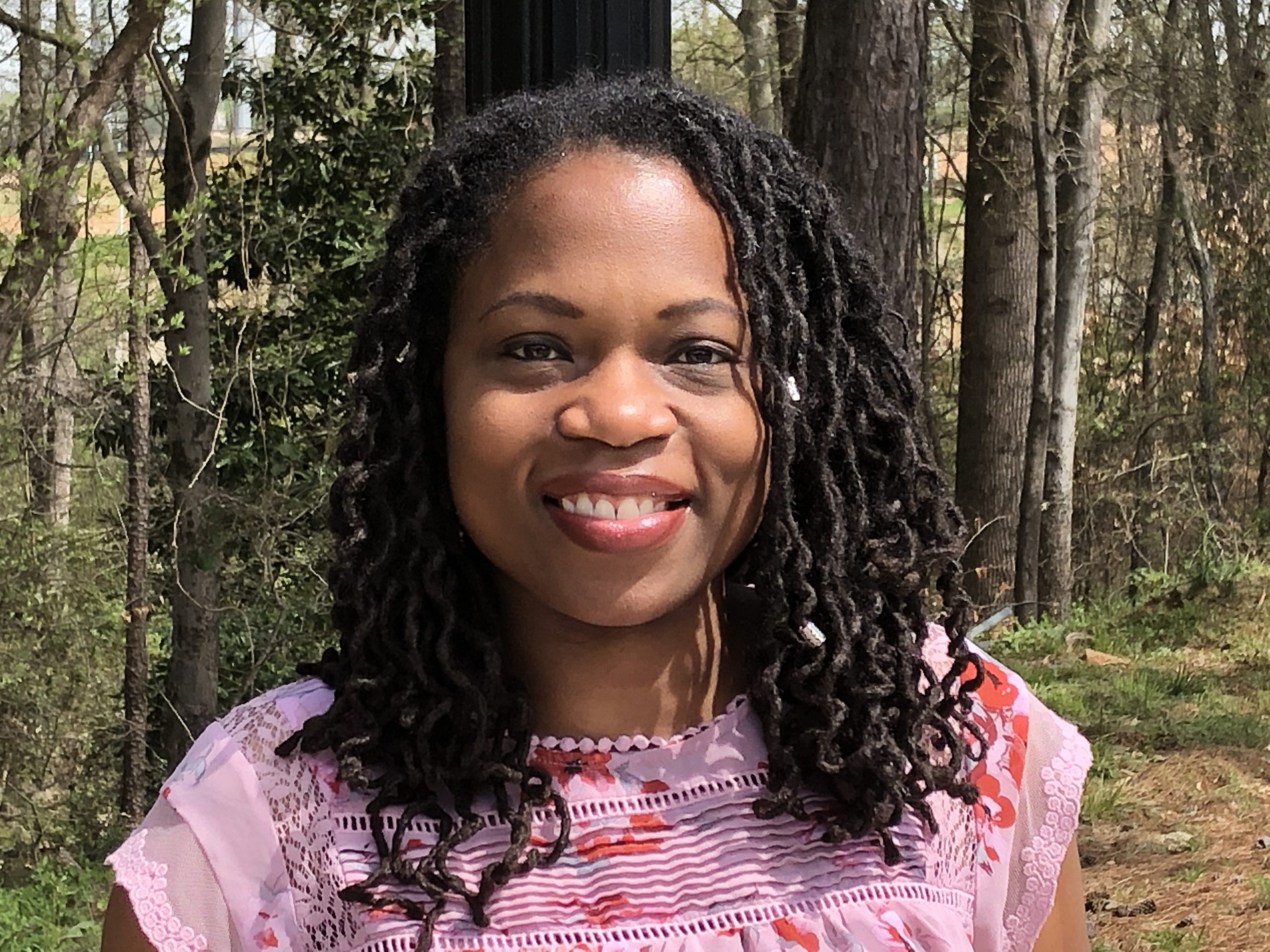
Thank you to Kesha L. Grant for sharing with us! Check out her website and purchase her books at https://www.keshalgrant.com/
Kesha Grant’s favorite pastimes as a child were reading books and playing school with her neighborhood friends, so it only seems fitting that she became a writer and a teacher. During her ten years as an educator, she struggled to find books that were representative of the largely African American and Latinx students in her classrooms. Frustrated, Kesha decided to channel her energy into helping to change the face of children’s publishing by pursuing a writing career. She holds an MFA in Writing for Children and Young Adults from Hamline University. During her time there, she discovered her talent and love for editing. She now works as an editor and writes true stories about unsung heroes whose narratives never made it into her children’s history books but definitely deserve to be there.
She also enjoys writing made up stories that feature African-American folklore and West African myths. Kesha also holds a Master’s degree in education. When not writing, she enjoys cooking and spending time with her family. She resides in Atlanta, GA.
SPARK YOUR CREATIVITY!
As a bonus gift, we’ll send you an Inklings Starter Kit packed with creativity-sparking fun.
